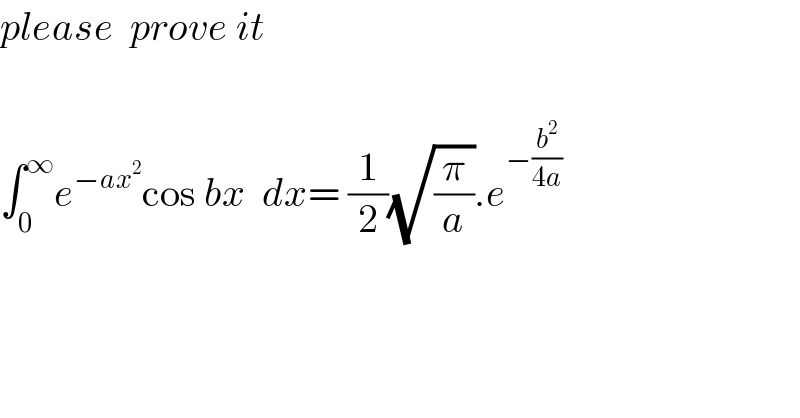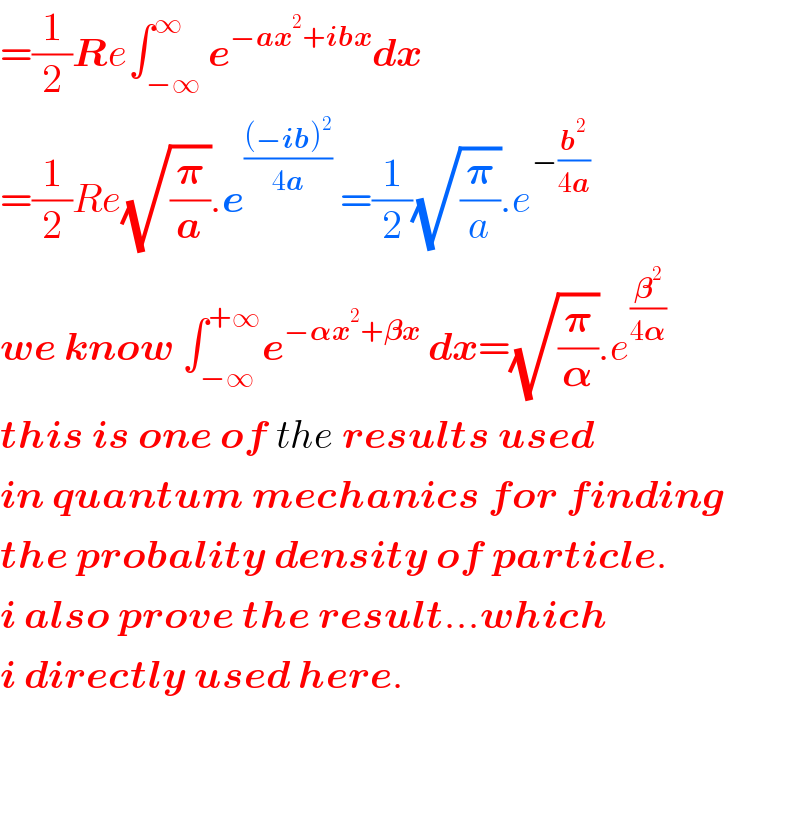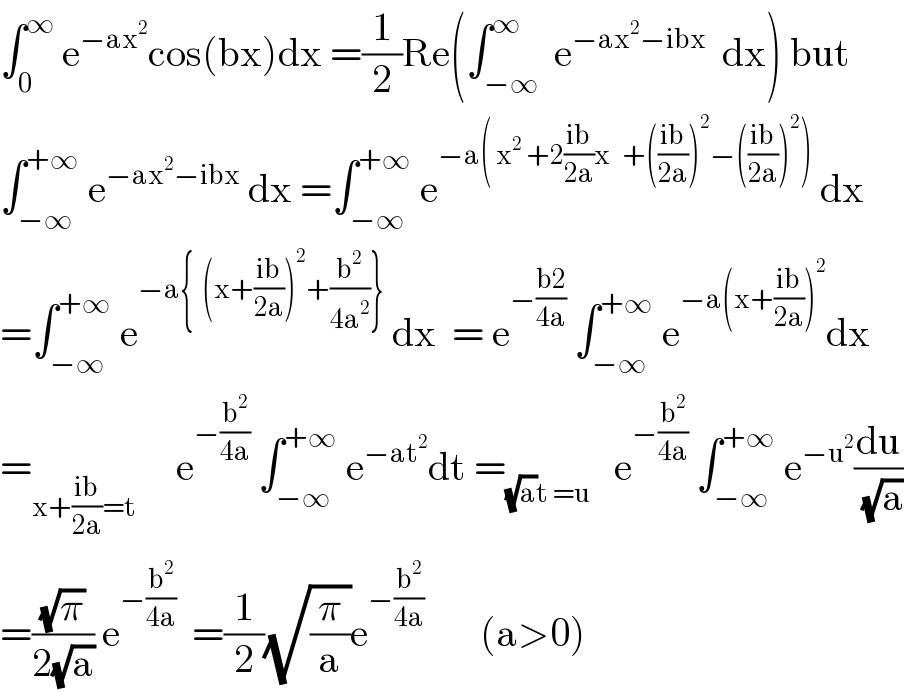
Question and Answers Forum
Question Number 97489 by ali_golmakani last updated on 08/Jun/20

Answered by smridha last updated on 08/Jun/20

Answered by mathmax by abdo last updated on 08/Jun/20

Commented by ali_golmakani last updated on 08/Jun/20

Commented by mathmax by abdo last updated on 08/Jun/20

